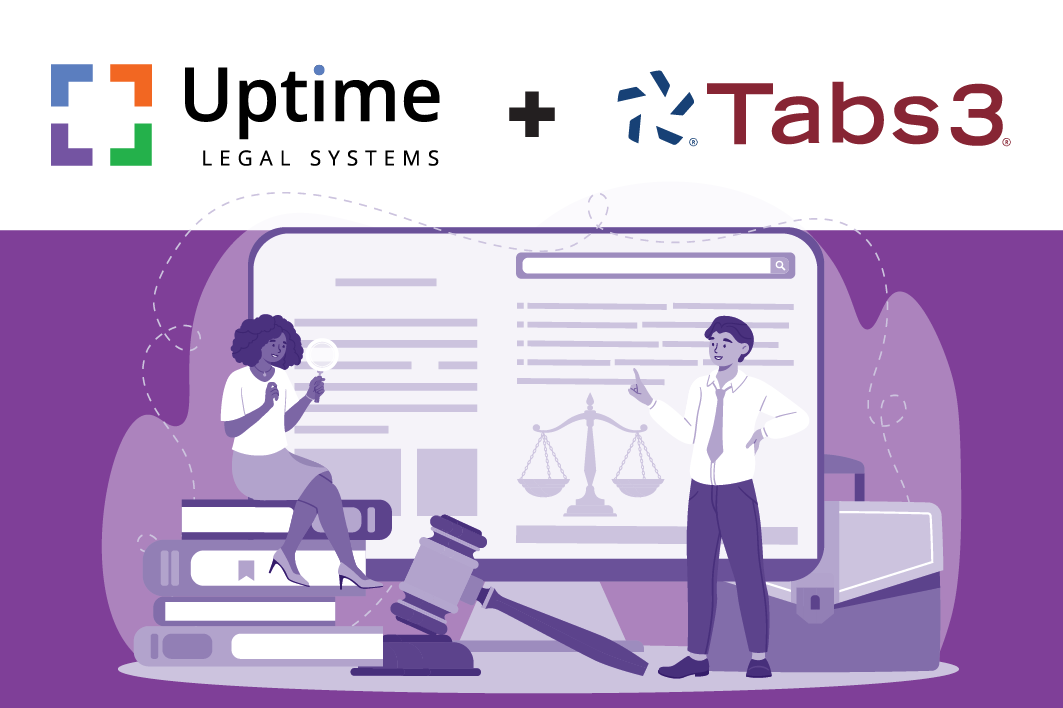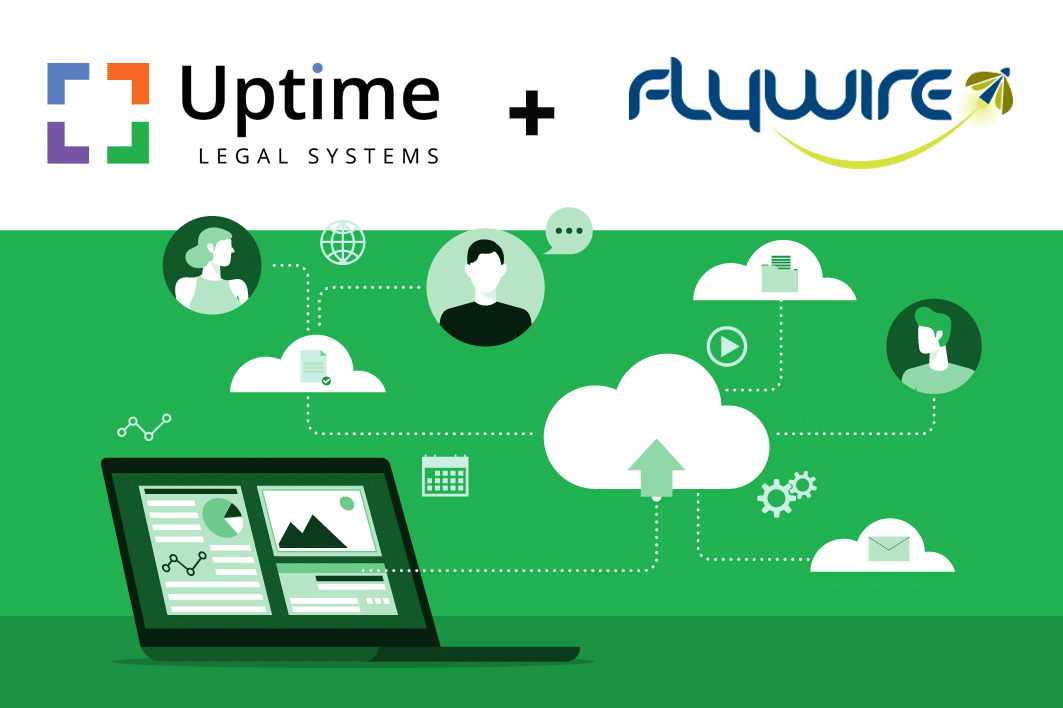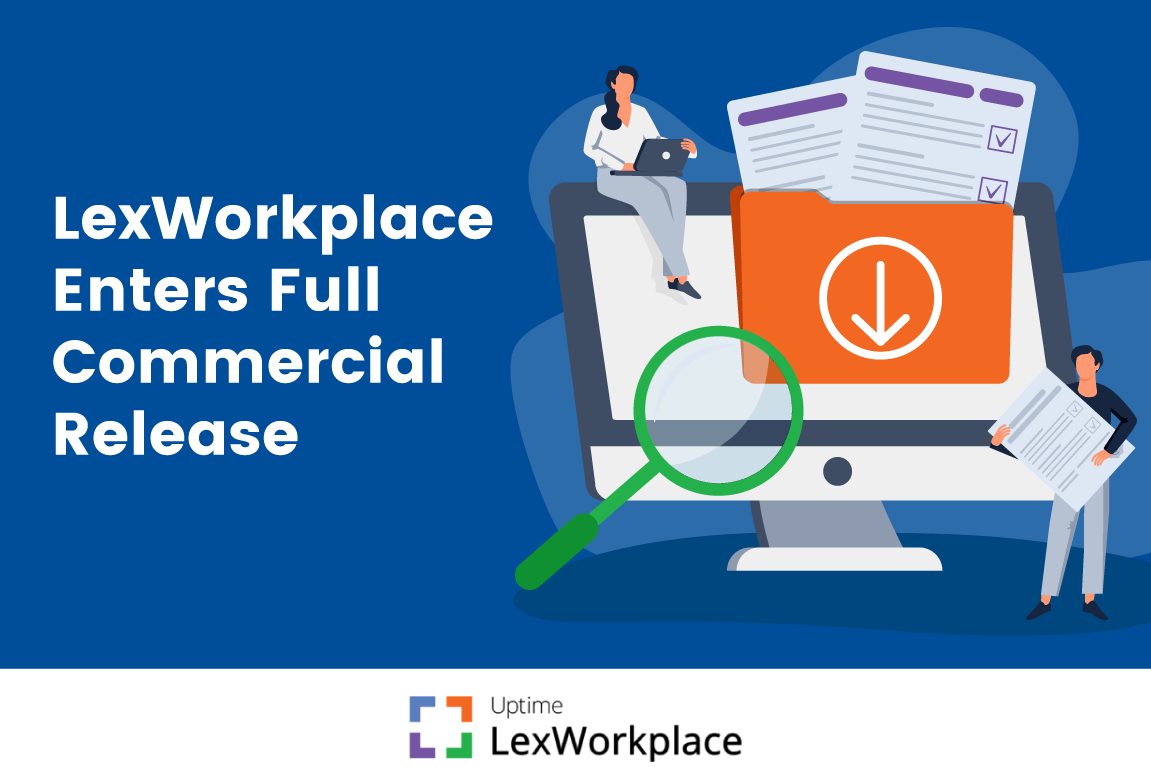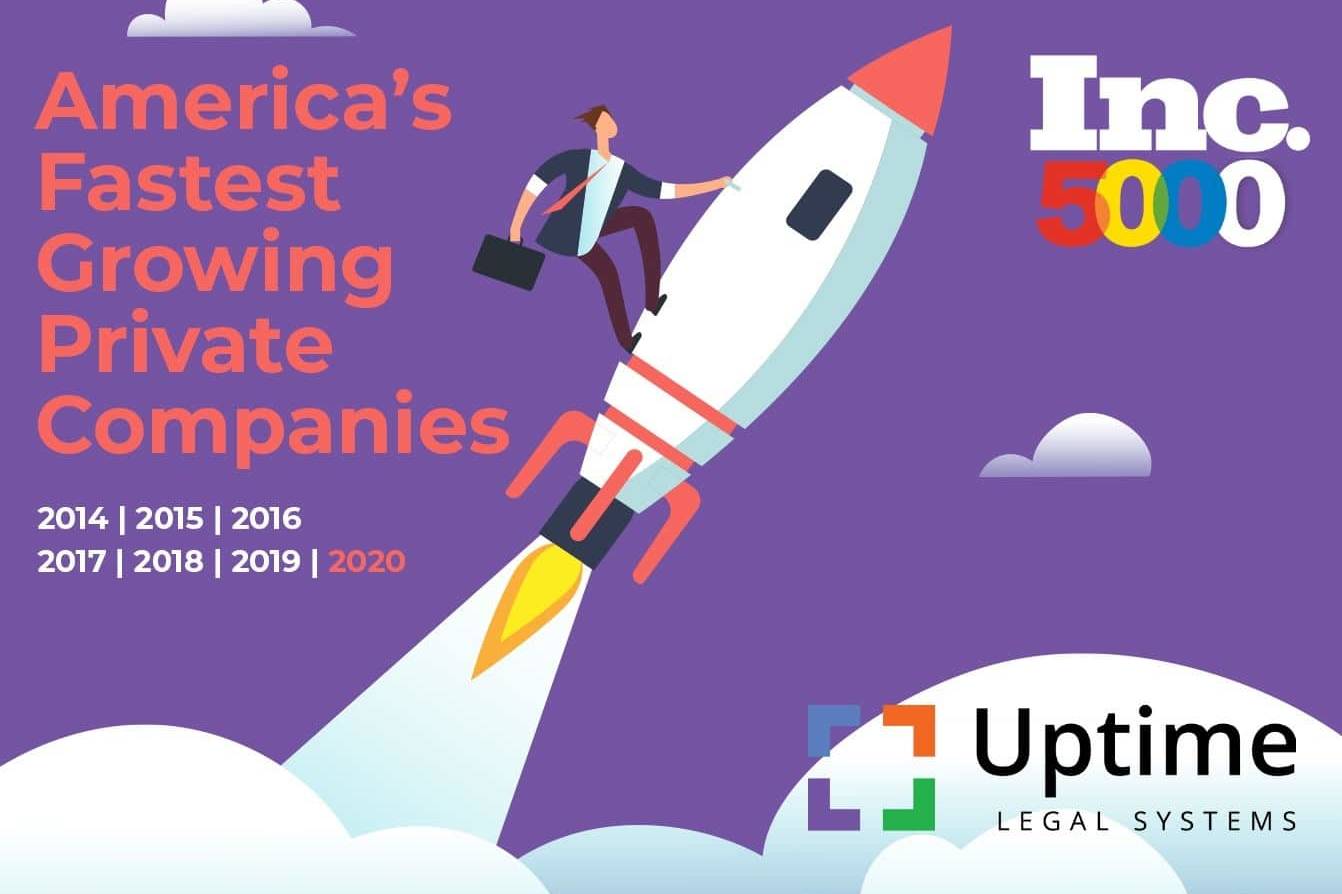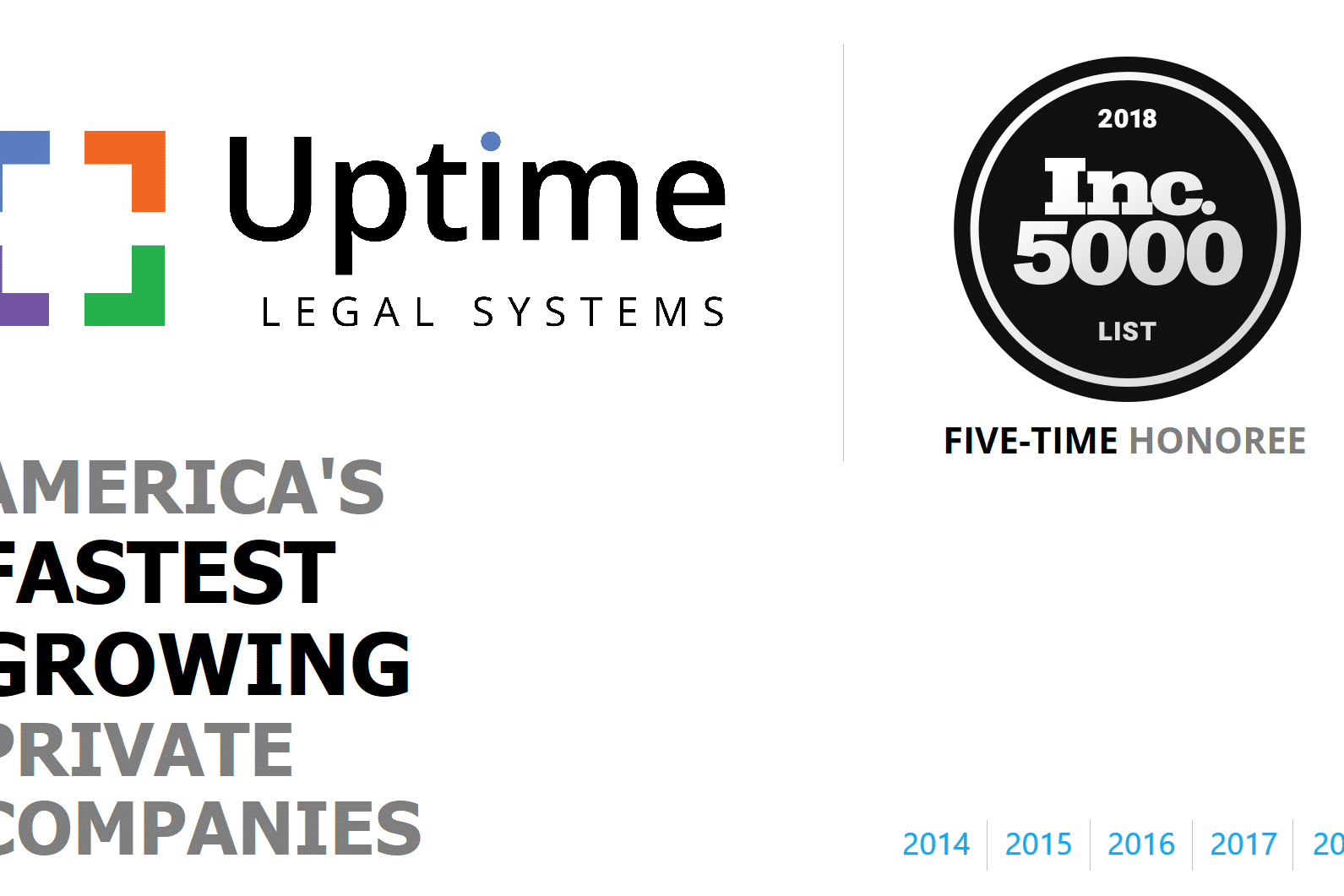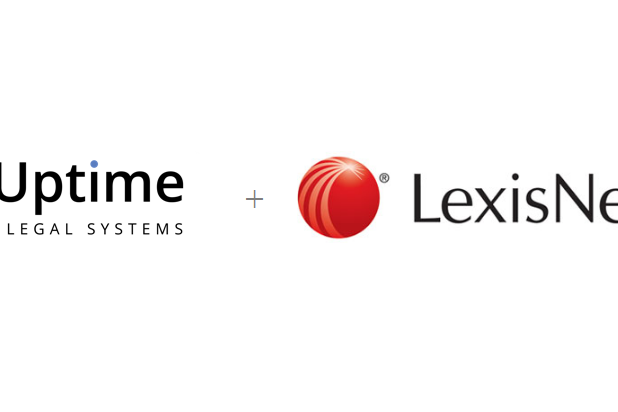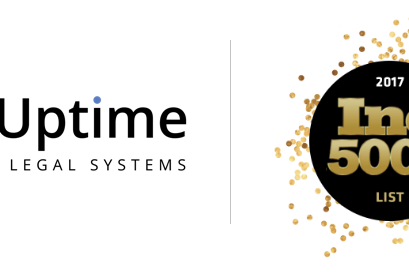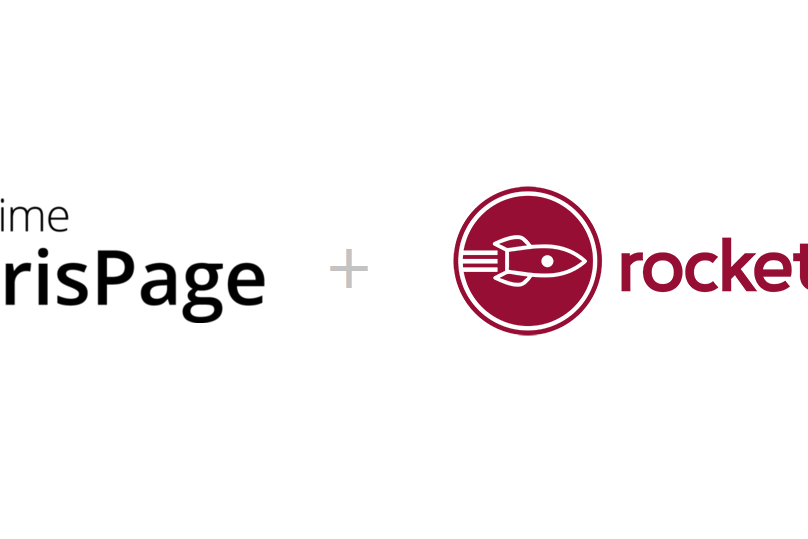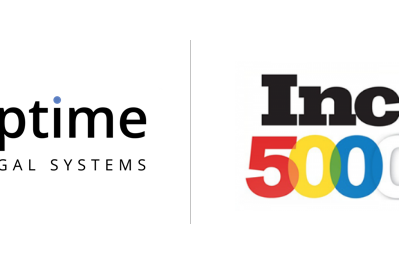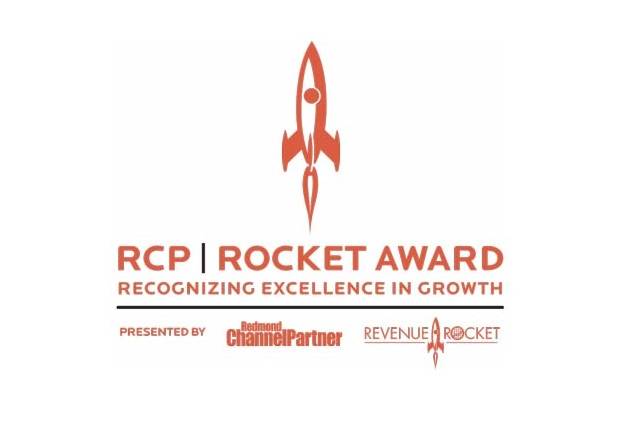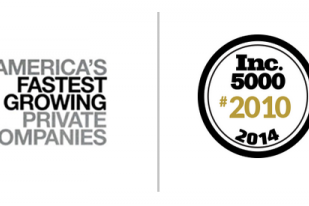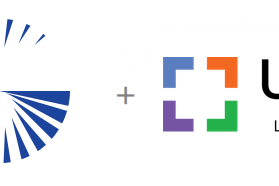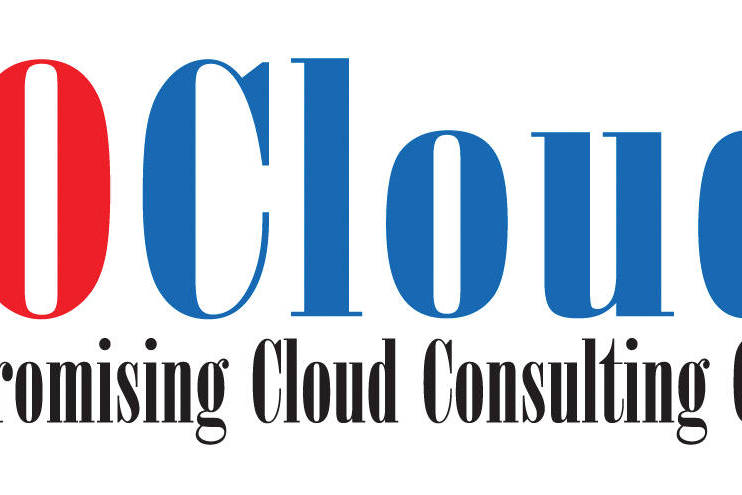Uptime Featured as Cloud Success Story by Intermedia
Intermedia, a global cloud platform leader and the world’s largest provider of Hosted Exchange, has featured Uptime Systems’ ascent to a “nationally recognized Cloud Service Provider”, and in their 2013 newsletter tell Uptime’s “Cloud Success Story”. Intermedia interviewed and featured Uptime Systems in its quarterly partner newsletter, praising Uptime’s business model and innovation in evolving from a traditional Managed Services Provider (MSP) to a nationally recognized Cloud Service Provider (CSP).
Success Stories:
How Uptime Systems moved from MSP to nationally recognized CSP.
INTRODUCTION
Back in May, Talkin’ Cloud released its annual list of the top 100 Cloud Service Providers in the US. The list included industry powerhouses such as Amazon, Savvis and, of course, Intermedia. But it also included Uptime Systems—a Minneapolis-based “used-to-be MSP” that is punching well above its weight. So how did Uptime Systems make it on this list?
As you might expect, it didn’t happen by accident. It happened because Uptime Systems worked hard for it—and because they chose their cloud partners well.
BACKGROUND
Dennis Dimka founded Uptime Systems in 2005. As CEO, he was growing the company steadily as a Managed Service Provider until 2008. That’s when Dimka and his team—including Aaron Eittreim, VP of Business Development—made two key changes to their business model.
First, they decided to transition from the MSP model to the cloud model—not just because it was right for their business, but because it was right for their clients. “The case for the cloud was as compelling to our clients as it was to us,” said Dimka. “When we began presenting the economic case for cloud versus on-premise computing, our clients were immediately receptive—even excited.”
Once the focus of the business turned to cloud computing, growth accelerated dramatically. Momentum grew over 2008 and 2009 as more small businesses embraced this new model. In 2011 and 2012, Uptime’s total business grew 50% and 64% respectively.
More importantly, cloud-based services grew 145% in 2012—and now represent 75% of the company’s revenue stream.
The second decision Uptime Systems made in 2008 was to focus on and expand their expertise in the legal market. This, too, paid off—today, two-thirds of their business is centered on the legal vertical. And now much of their marketing—including online advertising and telemarketing—focuses on bringing the benefits of the cloud to legal services around the country.
“Our vision is to become the go-to company for cloud services for attorneys,” says Dimka. “We choose to work with attorneys because they have a lot to gain from the cloud. They have a lot at stake. Security, reliability, mobility, flexibility and business continuity are all critical to law firms, and most law offices simply cannot accept technology problems. Add to that the very compelling financial case for the cloud and it’s a great opportunity for the majority of legal offices.”
THE SOLUTION
One of Uptime’s critical success factors has been putting together a suite of world-class solutions. Some have been developed in-house, while others are the product of partnerships with companies like Abacus Law—and Intermedia.
“Our partnerships are key to our success,” says Eittreim. “Intermedia provides the highest quality services and support in the industry. It’s a critical part of our hosted Exchange and Hosted PBX service offerings.
“Our relationship with Intermedia is foundational to our cloud strategy,” he adds. “We do business with them because, like Uptime Systems, they are all about the customer.”
THE FUTURE
As Uptime Systems becomes a leader in cloud services, Dimka offers some advice for his MSP peers about their future. “When developing your cloud strategy, you can’t have a defensive Cloud strategy. If you’re an MSP and you want to thrive, drop the M and replace with it a C. Cloud Service Provider isn’t just the next phase of evolution for IT providers—it’s the next phase of evolution for computing as a whole.”
When asked to provide more advice, Dimka and Eittreim came up with a few additional thoughts for MSPs and VARs who are on the road to the cloud. These include:
- Alignment in the business is critical. You need to get everyone on the same page and movingin one direction. Laggards and old-way thinkers will slow you down.
- Most customers come to you with a driving problem that needs a solution. Solve that problem for them, and then add additional value with other cloud services and support and consulting.
- Bundling services helps to deliver a total solution. Your clients will appreciate the opportunity to make their costs as effective as possible.
- Broaden your horizons. A Cloud Service Provider can do business in any market, anywhere in the country. It’s all about marketing, packaging, and managing the process.
- Don’t worry about long-term contracts. Month-to-month agreements drive a focus on quality service and client retention.
- Hosted PBX is a high growth market. Unified communications, including Hosted PBX and other services like Lync, deliver a high-value, low-cost solution to clients.
Finally, both Dimka and Eittreim had one final piece of advice for moving into the cloud. “Great partnerships are what it is really all about,” they both agreed. “Our partnerships with companies like Intermedia are critical to our success in delivering solutions to our clients.
“The cloud services we deliver to our clients become a critical element in their success with their clients—and so on, and so on,” they said. “A great partnership chain delivers value from end-to-end.”
Partnership, in other words, is key to the cloud. And it’s such a powerful catalyst that even Talkin’ Cloud takes notice.
Uptime Legal Systems
Named an Inc. 5000 Fastest Growing Private Company for the Past Seven Years: Uptime Legal is North America’s leading provider of legal technology services. As a full-spectrum legal technology company, Uptime Legal provides Private Cloud, Document Management Software, and Digital Marketing to law firms across North America.
Uptime is based in the US and has offices in Minneapolis, MN, and Calgary, Canada.
Related Posts
October 10, 2023
Uptime Legal Named Clio Partner of the Year
September 15, 2022
Uptime Legal Expands Operations to Austin, TX
June 2, 2022
Uptime Legal Acquires Flywire Technology
March 24, 2022
LexWorkplace Enters Full Commercial Release
February 22, 2022
Erin Pickar Named Uptime Legal’s President & COO
September 24, 2020
JurisPage Launches Legal Marketing 360™
September 9, 2020
Uptime Legal Named to Inc. 5000 List for Seventh Consecutive Year
March 16, 2020
Uptime Legal Acquires Inbound Law Marketing
November 14, 2018
Uptime JurisPage Wins 2018 Web Award
February 21, 2018
Uptime Legal Unveils Next Generation of Private Cloud for Law Firms
November 9, 2017
Uptime Legal to Host Virtual Summit for Lawyers
The Law Launcher virtual summit is an…
September 12, 2016
Uptime Legal Releases LegalWorks 2.1
May 18, 2016
TECHdotMN Interview with Uptime Legal CEO
May 3, 2016
Uptime Legal Acquires JurisPage
April 14, 2016
Uptime Legal Releases LegalWorks 2.0
October 19, 2015
Uptime Legal Named a 2015 RCP Rocket Award Winner
August 13, 2015
Uptime Legal Named a 2015 Inc. 5000 Fastest Growing Company
July 22, 2015
Uptime Legal Launches Authorized Partner Program
May 11, 2015
Akron Legal News Recognizes Uptime Legal
February 11, 2015
IP: The Next Evolutionary Step for IT Service Firms
January 2, 2015
Uptime Featured in Finance & Commerce
October 31, 2014
Minnesota Lawyer Features Uptime Legal
August 20, 2014
Uptime Named to Inc. 5000 List of Fastest Growing Companies
June 26, 2014
LawBase Software Partners with Uptime
April 17, 2014
Illinois Lawyer Magazine Recognizes Uptime
March 7, 2014
California Lawyer Magazine Recognizes Uptime
March 3, 2014
Uptime Launches Exchange Legal Edition
November 6, 2013
Uptime CEO Honored as Leading Technology Executive
November 4, 2013
Arizona Attorney Magazine Recognizes Uptime
October 18, 2013
American Bar Association Hails Cloud Computing Recognizes Uptime
August 20, 2013
Uptime Named to CRN’s Next-Gen 250
February 15, 2013
Uptime Recognized as one of the World’s Leading IT Service Providers
November 9, 2012


